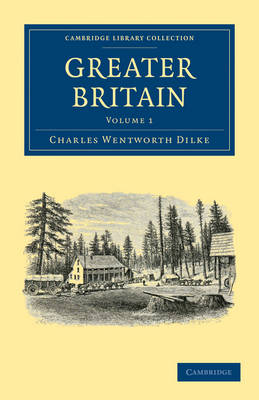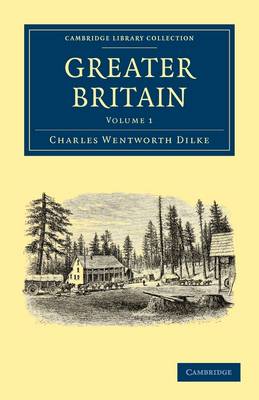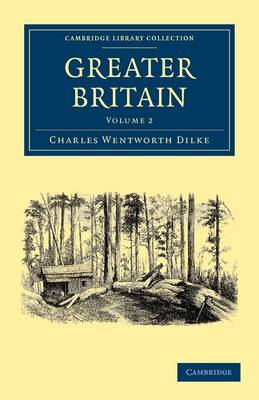Cambridge Library Collection - North American History
3 total works
As a young man, Charles Wentworth Dilke (1843-1911), the Cambridge-educated Radical politician, spent two years touring the English-speaking world. This two-volume illustrated account of his travels was published in 1868, the year in which he first became a member of Parliament.
As a young man, Charles Wentworth Dilke (1843-1911), the Cambridge-educated Radical politician who went on to campaign for votes for women and labourers, legalisation of trade unions, and universal schooling, spent two years touring the English-speaking world. This two-volume illustrated account of his journey was published in 1868, the year in which he first entered Parliament. Volume 1 describes his travels across the United States, where he arrived aboard The Saratoga, landing at Chesapeake Bay in Virginia on 20 June 1866. Dilke explored the reconstructing American South, the bustling eastern seaboard, the vast plains of the Midwest, the magnificent Rocky Mountain range, and the diverse landscape and peoples of California before venturing south into Mexico and departing for Polynesia and the Pacific islands. He thoughtfully discusses the legacy of British colonial culture in America, and its continuing diffusion via America to other parts of the world.
As a young man, Charles Wentworth Dilke (1843-1911), the Cambridge-educated Radical politician, spent two years touring the English-speaking world. This two-volume illustrated account of his travels was published in 1868, the year in which he first became a member of Parliament. Volume 2 opens as he leaves America in late 1866 for Australia and South Asia in search of British influences. This second leg of his journey confirmed for Dilke that England not only existed elsewhere beyond Great Britain, but that it spoke to the whole world through its cultural and societal offshoots across the entire globe. His discoveries of traditional English customs and lifestyles in the farther reaches of Australia, India and even Russia are recounted with pleasure and surprise. The book sheds light on British colonial culture at the height of the empire, through the eyes of a youthful, left-wing observer.


